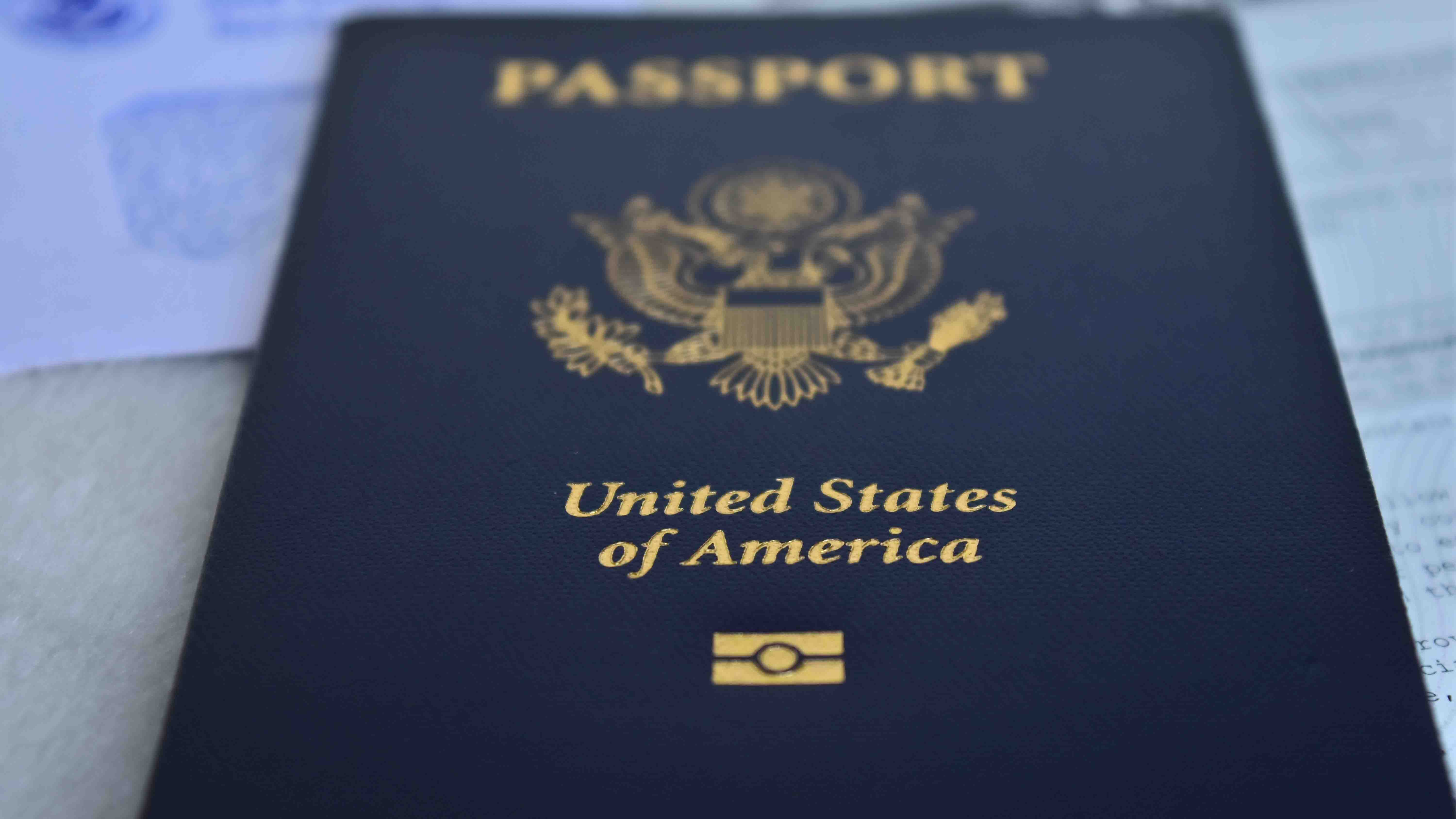The IRS is warning people of scammers targeting your mailbox with a new ploy to try and get your private information.
What makes this situation even more confusing for the average person is that the IRS does send real mail to taxpayers all the time, but officials warn this letter is different, and there are key signs to look out for when determining if a purported IRS mailing is legitimate.
The warning comes from the Security Summit, a coalition of IRS, state tax administrators and members of the tax industry, who say many have already fallen victim to this fake letter scam.
"This is just the latest in the long string of attempts by identity thieves posing as the IRS in hopes of tricking people into providing valuable personal information to steal identities and money, including tax refunds," IRS Commissioner Danny Werfel wrote in a news release, detailing the scam.
The Security Summit warns this fake letter arrives in a cardboard envelope, with an IRS masthead and wording that the notice is in relation to the person’s unclaimed refund.
Scammers ask for the person’s driver’s license photo, bank information, routing numbers, social security number, and your cell phone number - details the real IRS says it would never ask for.
Officials warn the letter tells the recipients they need to provide "Filing Information" for their refund, including awkwardly worded requests like, "A Clear [Photo] of Your Driver's License That Clearly Displays All Four (4) Angles, Taken in a Place with Good Lighting."
Raphael Tulino, a spokesperson for the IRS, says consumers need to know the red flags.
“If you're getting a letter from the IRS, take a look at it and you're going to know it's legit by the fact that it's professional and it's got all the information in it that you would assume to be an IRS letter, not a random one, and certainly not with all the bad punctuation and grammar that is in this particular scam,” Tulino said.
“Bottom line is, the IRS is not initiating contact, requesting personal, and sensitive information,” Tulino said. “That this is not how we do business.”
Feeling out of the loop? We'll catch you up on the Chicago news you need to know. Sign up for the weekly> Chicago Catch-Up newsletter.
If someone receives one of these suspicious letters, officials stress to not call the phone number on the document. Taxpayers with questions should only call official IRS phone numbers that are on the IRS’ website.
If you’re looking to get more information on a refund status, you can check that on the IRS’s website here, by calling the agency directly.



